PUBLICATIONS
As our work progresses, publications are arising from our research themes and cross-cutting projects. We produce working papers, journal articles, evidence submissions to government enquiries, essays, books and book chapters. Subscribe to our newsletter to receive a monthly digest in your inbox. If you want to hear more frequently from us, you can subscribe to email updates from the website directly.

Current controversies in valuing the cost of environmental changes like climate change and biodiversity loss have exposed serious flaws in standard welfare economics, Peter Victor writes. Many of these arise from the assumption that social value can be calculated using the revealed or stated preferences of self-regarding, narrowly rational individuals. In recent decades, markets and market-oriented thinking have reached into spheres of life traditionally governed by non-market norms.

This paper reviews the current state of knowledge on rebounds and spillovers from sufficiency actions, and on time-use rebounds from downshifting. It concludes that: first, rebound effects can erode a significant proportion of the anticipated energy and emission savings from sufficiency actions; second, that such actions appear to have a very limited influence on aggregate energy use and emissions; and third, that downshifting should reduce energy use and emissions, but by proportionately less than the reduction in working hours and income.

Individuals are increasingly using everyday life choices about consumption, transportation, or modes of living to address political, environmental, or ethical issues. While celebrated by some as an expansion of political participation, others worry this trend may be detrimental for democracy. This first detailed longitudinal analysis is investigating these hypotheses.
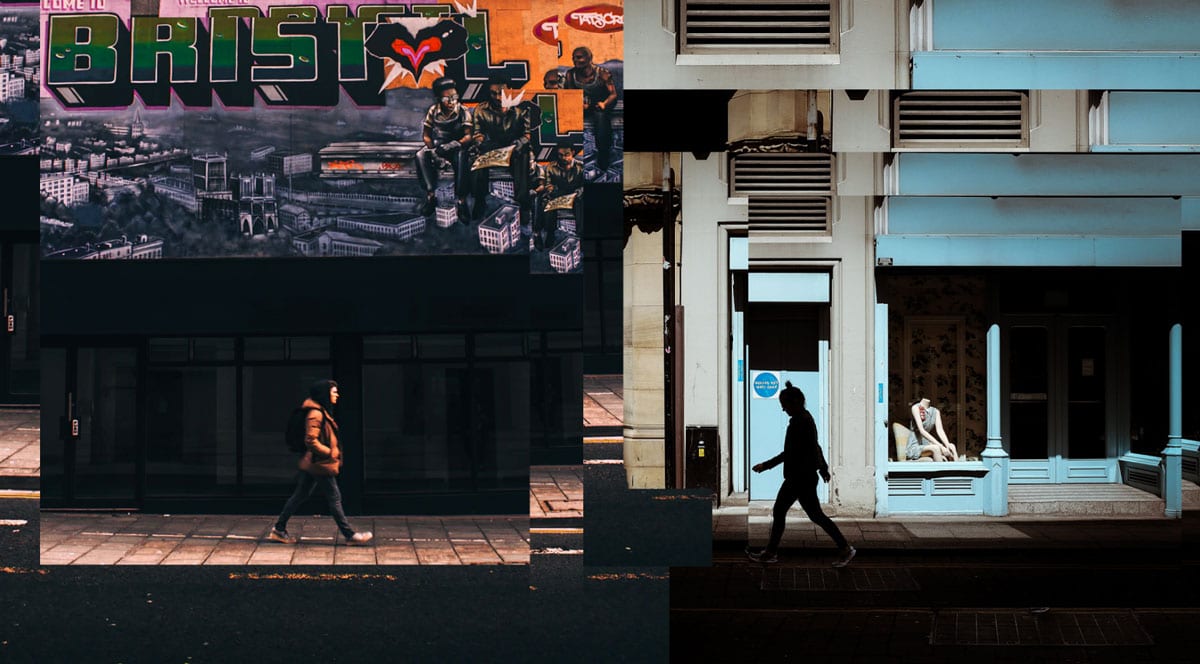
Processes of politicisation and depoliticisation are increasingly studied in relation to urban contexts, and cities have been depicted as incubators of social movements. What has been largely ignored is why, in some cities, forces of politicisation or depoliticisation are stronger than in others.

This article emphasises the tension between environmentalists’ radical ambitions on the one hand, and pragmatic organisational considerations on the other. The paper suggests that competing arguments about (de-)politicisation can be reconciled first by considering that ‘the political’ has at least three different dimensions, and second by taking account of how activists reflexively navigate the different challenges posed by each of these dimensions in their strategising.
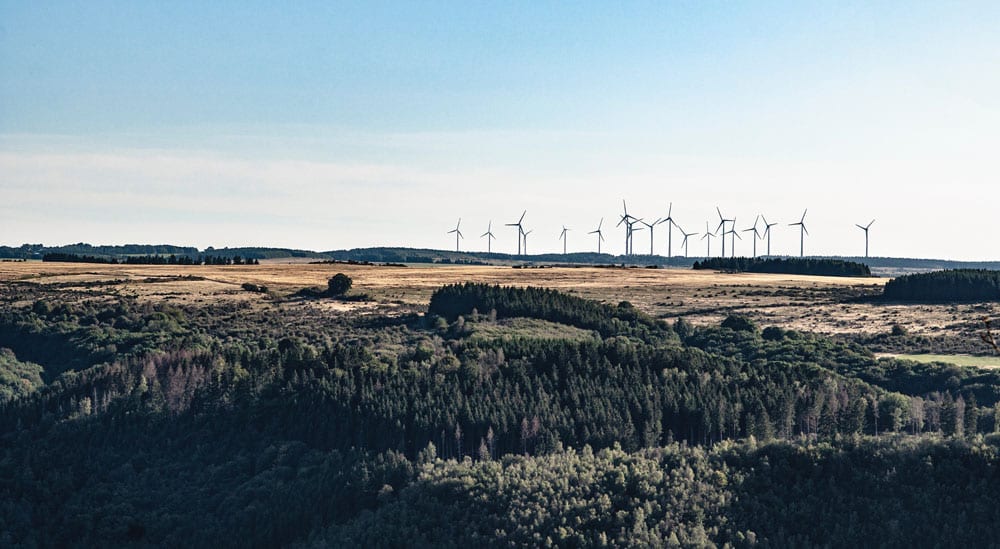
Rapid decarbonisation of the UK energy sector demands high levels of investments into low carbon energy infrastructure, which are currently not undertaken at required scale. In a new paper, CUSP researchers Sarah Hafner, Aled Jones and colleagues explore a theoretical framework for investigation of and possible solutions to key investment barriers, drawing on a review of academic literature and policy reports, and interviews conducted with financial investors and experts.

It is clear that the larger the economy becomes, the more difficult it is to decouple that growth from its material impacts… This isn’t to suggest that decoupling itself is either unnecessary or impossible. On the contrary, decoupling well-being from material throughput is vital if societies are to deliver a more sustainable prosperity—for people and for the planet. (This article is posted on the Science website).

What are the capacities of the state to facilitate a comprehensive sustainability transition? This paper argues that structural barriers akin to an invisible ‘glass ceiling’ are inhibiting any such transformation. First, the structure of state imperatives does not allow for the addition of an independent sustainability imperative without major contradictions. Second, the imperative of legitimation is identified as a crucial component of the glass ceiling.
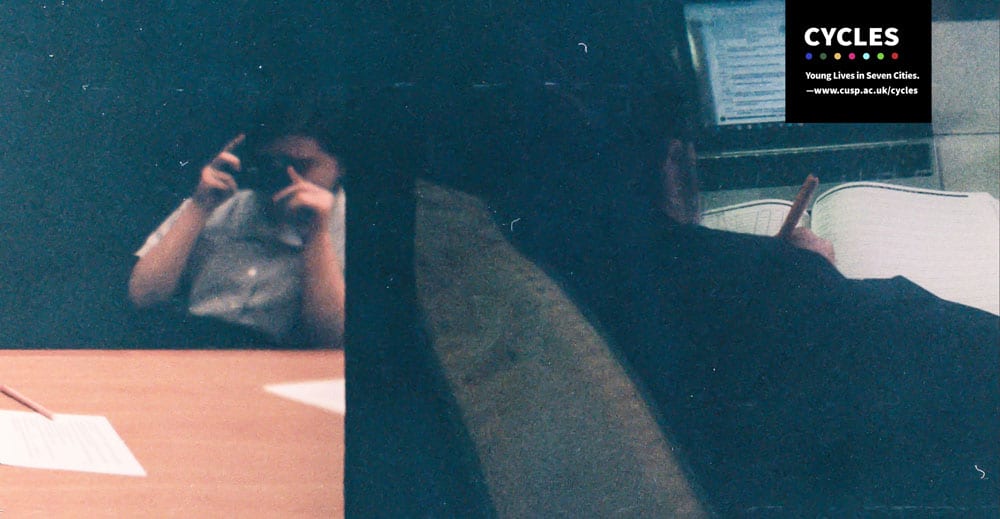
In this paper, we reflect on our experiences of planning and conducting the International CYCLES project involving photo elicitation with young people in Bangladesh, Brazil, India, Japan, New Zealand, South Africa and the UK. While some issues such as varying access to technology for taking and sharing photos and diverse cultural sensitivities around the use of photography were anticipated in advance, others were more unexpected.

What might break the ‘glass ceiling’ that has so far prevented a deep sustainability transformation? In this paper, Marit Hammond considers the cultural dimension of such a transformation, adding nuance to the debate around democracy and sustainability.

Despite the development of the environmental state, climate change is accelerating. The concept of the ‘glass ceiling’—denoting an unexplained barrier, impeding the state from using its powers effectively to mitigate threats that it acknowledges should be addressed—has been put forward to account for this. In this paper, a structural account of this phenomenon is advanced with a view on the ‘growth imperative’.

Robert Shiller’s new book probes how social behaviour trumps statistics in determining the fate of economies—Tim Jackson weighs it up. (This article is posted on the Nature website).

While the consumerist approach to what living well can mean permeates traditional media, the extent to which it appears in people’s own depictions of the good life is unclear. Using multimodal discourse analysis, this article uses a sample of posts tagged #goodlife and variants collected on Instagram to explore which understandings of the good life can be found on the platform, and what their wider implications in the consumer society are.

The so-called ‘creative economy’ model has been one of the central tenets of urban restructuring over the past forty years. This paper focuses on the ‘Ten Streets’ redevelopment project, a recent and ongoing effort to construct a ‘creative quarter’ on Liverpool’s North Shore Dock that the city’s mayor, Joe Anderson, has declared will ‘redefine Liverpool’s economy over the next thirty years’.

Journal paper by CUSP researchers Robert Pasqualino, Aled Jones and WU colleague Irene Monasterolo, analysing impact scenarios of exogenous price, production, and subsidies shocks in the food and/or energy sector. By merging structures of the World3, Money, and Macroeconomy Dynamics (MMD) and the Energy Transition and the Economy (ETE) models, this work presents a closed system global economy model, where growth is driven by population growth and government debt.
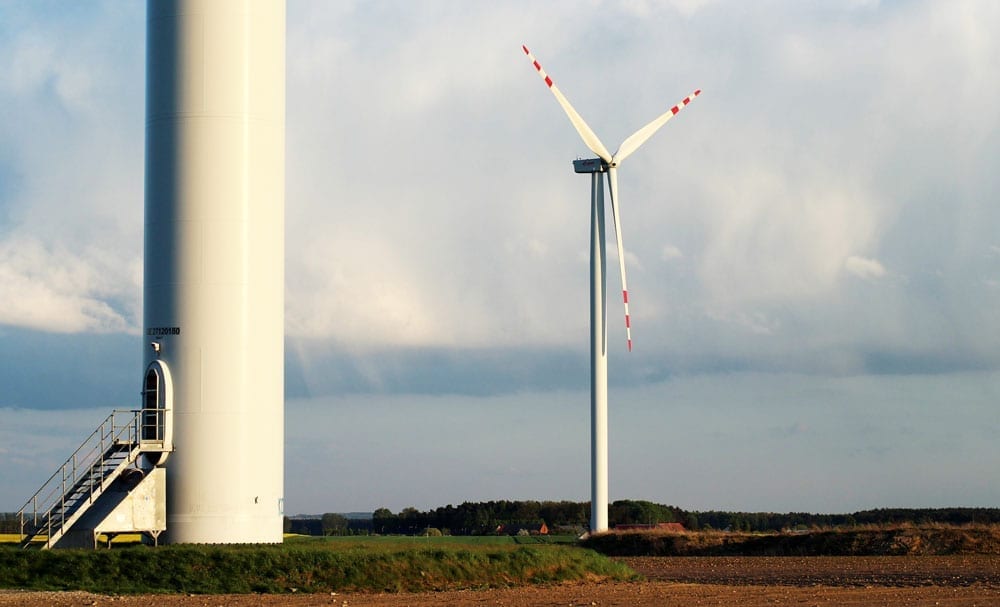
The finance sector has engaged with policy development processes around climate solutions for well over a decade, with the aim of overcoming barriers to investment. In this paper we analyse practice-based policy reports, highlighting key barriers to such investing.

To combat climate change, carbon emissions must be radically reduced. Technological change alone will not be sufficient: lifestyles must also change. Whereas mainstream strategies generally address the challenge of reducing carbon emissions through reviewing consumption, approaching it through the lens of how we use our time, in particular, leisure time, is a promising complementary avenue.

Sluggish recovery in the wake of the financial crisis has revived discussion of a ‘secular stagnation’. These conditions have been blamed for rising inequality and political instability. Tim Jackson contests this view, pointing instead to a steadfast refusal to address the ‘post-growth challenge’. (An earlier draft of the article was published as CUSP Working Paper No 12.)

In this paper, Simon Mair, Angela Druckman and Tim Jackson explore how paying a living wage in global supply chains might affect employment and carbon emissions: Sustainable Development Goals 8 and 13.

Institutions for transformative innovation need to improve the capacities of complex societies to make binding decisions in politically contested fields, a new journal paper by CUSP researcher Daniel Hausknost and his colleague Willi Haas argues, proposing the design of novel institutions that integrate expert knowledge with processes of public deliberation and democratic decision-making.

Maintaining steady growth remains the central goal of economic policy in most nations. However, as evidenced by the advent of the Anthropocene, the global economy has expanded to a point where limits to growth are appearing. Facing the end of growth requires a careful re-examination of plausible future conditions. This paper draws on a diverse literature to present an interdisciplinary exploration of post-growth conditions.

What are the political foundations of an ecologically sustainable society? Can—or must—they be democratic? Absolutely ‘yes’ Marit Hammond argues, for sustainability is a moving target that requires a reflexive cultural ethos based on democratic values.

CUSP researchers Kate Oakley and Jonathan Ward are guest editors of a special edition of Cultural Trends. In exploring how the idea of the creative economy persists since the 1980s, papers engage with the topic on a social, political, economic and/or organisational level.

This paper explores the potential of ‘new nature writing’ – a literary genre currently popular in the UK – as a kind of arts activism, in particular, how it might engage with the environmental crisis and lead to a kind of collective politics.

The discourse around ‘natural capital’ potentially offers a way to integrate decisions about the commons effectively into economic decisions. Investing in the commons is key to protecting the flow of services provided to society by natural capital. Recent exploration of the potential for investing in natural infrastructure has highlighted numerous mechanisms, which could help turn this proposition into a reality.

Research suggests that the excessive focus on the acquisition of material goods promoted by our consumer society may be detrimental to well-being. Current Western lifestyles, which promote unsustainable patterns of production and consumption, therefore risk failing to bring citizens the happiness they seek.

Conceptualising firms from a business ecosystem, value-, or supply- network perspective captures the boundary-spanning nature of value creation. To explore the relationship dynamics that enable or inhibit sustainable value creation, we present a comparative case study of how situational logics and power relations are embedded in business models within a UK brewer and its malt supply chain.
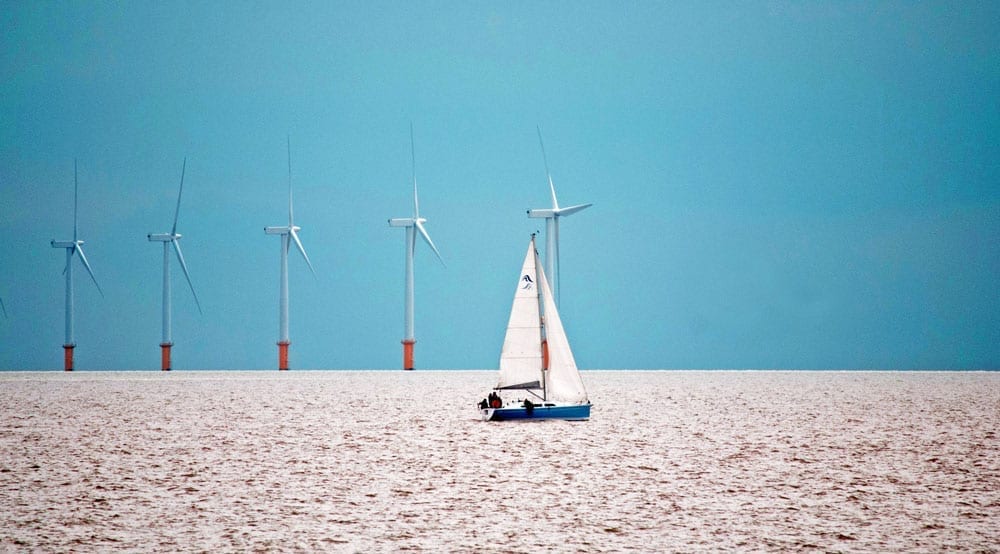
The need for an environmentally sustainable economy is indisputable but our understanding of the energy-economy interactions (dynamics) that will occur during the transition is insufficient. This raises fascinating questions on the future of economic growth, energy technology mix and energy availability.

There has been an increasingly common trend in the UK to identify character skills and traits as the basis for various individual successes and achievements. In education policy and employment services, character has been linked to the making of successful, morally aware, employable and socially mobile citizens. This article explores the late-19th-century use of character discourses, focusing on the economist Alfred Marshall.

The requirement to reduce emissions to avoid potentially dangerous climate change implies a dilemma for societies heavily dependent on fossil fuels. As renewable capacity requires energy to construct there is an initial fossil fuel cost to creating new renewable capacity. An insufficiently rapid transition to renewables, it turns out, will imply a scenario in which it is impossible to avoid either transgressing emissions ceilings or facing energy shortages.

This paper focuses on the role of the public sector in addressing finance gaps for longer-term investment requirements from seed investment through to early growth commercialisation of green innovation activities. Peer reviewed literature is identified from international studies, complemented by illustrative policy documents where evidence of impact is reported.

This paper analyses the potential for cultural work to encourage alternative visions of the “good life”, in particular, how it might encourage a kind of “sustainable prosperity” wherein human flourishing is not linked to high levels of material consumption but rather the capabilities to engage with cultural and creative practices and communities.

In their new paper for the Journal of Consumer Ethics, Kate Burningham and Sue Venn suggest there is a need for greater attention to the gender and relational dimensions of environmentally sustainable practice, and for promotion of holistic discourses of sustainable consumption which align sustainable living with the maintenance of family life.

The idea that lifecourse transitions might offer ‘moments of change’ in which to encourage more sustainable consumption is popular, yet insights from the sociological literature on lifecourse transitions have rarely been brought to bear on this assumption. This paper focuses on two distinct lifecourse transitions – becoming a mother and retirement – and through qualitative longitudinal research evaluates the assumption that such periods provide opportunities for movement to more sustainable consumption.

Sustainable prosperity is underpinned by the principle that value creation and increased quality of life can both be decoupled from resource use – making the circular economy a key aspect. In this blog, CUSP research fellow Geraldine Brennan summarises some of her recent findings.

With their latest publication, Nathalie Rühs and CUSP Co-Investigator Aled Jones look at the role and rule of law in the making of society and the arguments for a paradigm shift from an Anthropocentric ontology to a more Earth-centered one.
